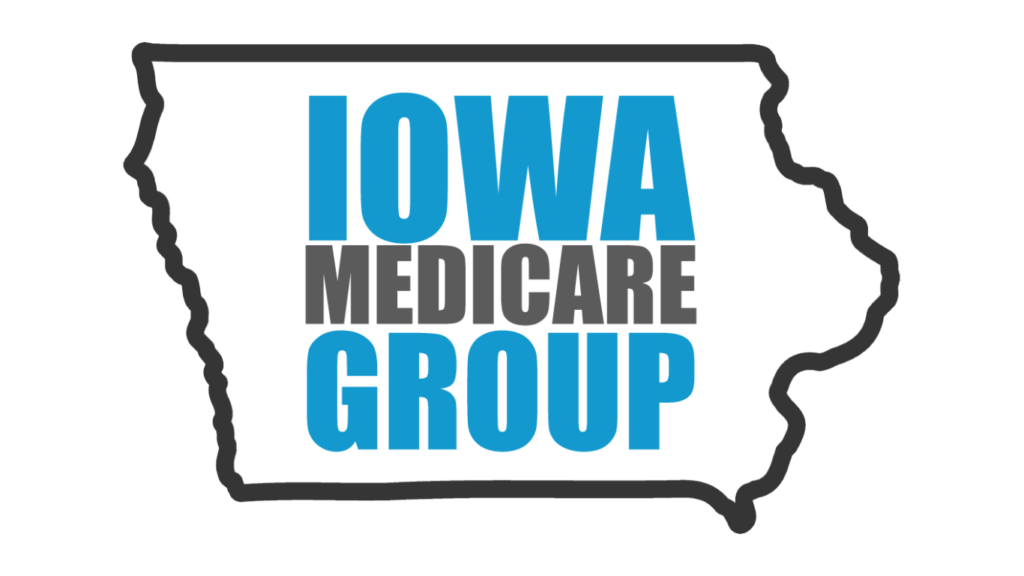Elderly Waiver Programs
Elderly Waiver Programs are part of the Medicaid Home and Community Based Services (HCBS). These programs come in the form of a Consumer Directed Attendant Care (CDAC) and a Consumer Choices Option (CCO). These are much like traditional long term health plans, and they’re only available for those meeting the specific criteria for age, income level, and medical needs. This care comes from Managed Care Organizations (MCO).
Who Qualifies?
Elderly Waiver Program enrollment is restricted to those in dire need for these programs. Eligible individuals are elderly and struggle with income, and are unable to care for themselves, leaving them with no choice other than getting some form of assisted living.
You are eligible if:
- You’re at least 65 years old
- You have been determined to have a condition severe enough to require staying in an institution
- You qualify for Medicaid
In Iowa, your pre-tax annual income determines your Medicaid eligibility. These maximum income levels also depend on how many people are in your household. For instance:
- For a one-person household, you cannot earn more than $17,131 per year
- If two people live in the home, the combined annual income cannot be more than $23,169
- For three people, the maximum income is $29,207
For each additional person, the income maximum increases by another $6,038. If your income is too high, you may be able to “spend down”, meaning you can subtract your medical expenses from your income in order to meet the income requirement.
What Makes Elderly Waiver Programs Appealing?
Elderly Waiver Programs provide all the services you’d get in a nursing home, except the care takes place in your residence. The level of care plus the lower costs makes these programs an attractive alternative to staying in an institution like a nursing home or skilled nursing facility.
You (or your legal guardian) can choose who you get your care from. Anyone other than your spouse or legal guardian can be a caregiver. This could be someone you trust and are familiar with, such as a friend, relative, or neighbor. You won’t be dealing with a stranger if you don’t want to.
What’s the Difference Between CDAC and CCO in Elderly Waiver Programs?
CDAC and CCO programs help restore freedom in their own ways.
With CDAC, you’re getting assistance with taking medications, tube feeding, walking, and dressing.
CCO programs give you a budget as determined and approved ahead of time. These also expand your covered care options – modifications that make your home easier to navigate, emergency devices, and homemaking are all examples of what CCO can do for you.
We Help You Save!
To learn more about Elderly Waiver Programs, reach out to Iowa Medicare Group today!
